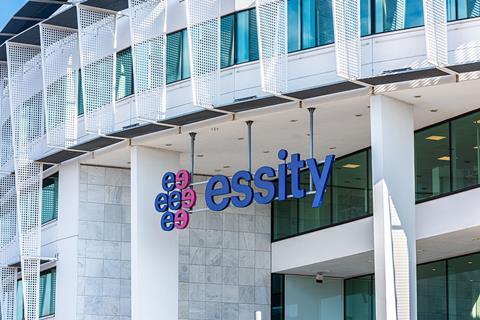
Global hygiene and health organisation Essity is to offer fully paid neonatal care leave from 6 April.
The leave, which will go beyond statutory entitlement, will be available to all 1,650 employees across Essity’s UK operations and is intended to support staff whose baby needs to spend at least seven days in neonatal care.
It will provide up to 12 weeks of fully paid leave for parents whose babies require neonatal hospital care within 28 days of birth and applies to individuals with at least 26 weeks of continuous service by the qualifying date.
For every week a baby is in neonatal care, eligible staff can take the same amount of paid leave. Those with more than two years’ service can receive up to 12 weeks of full pay, while those with less than two years’ but more than 26 weeks’ service can receive up to six weeks leave on full pay.
Leave can be taken in flexible weekly blocks while the baby is in hospital or as a continuous period within a 68-week window following birth to support both immediate and longer-term care needs.
This goes beyond entitlement under the Neonatal Care (Leave and Pay) Act, where statutory pay is capped at £187.18 per week or 90% of average earnings.
The aim of the policy, which reflects the organisation’s diversity, equality and inclusion (DEI) and employee wellbeing priorities, is to support families during challenging times in early parenthood.
Louisa Oliveira, HR director at Essity UK, said: “We talk a lot about breaking barriers to wellbeing and this is a clear example of what that looks like in practice. By removing the financial burden from parents during neonatal care, we’re reinforcing our belief that health and inclusion should start at home, and that support for working families should never be limited to the bare minimum.”
Gareth Lucy, communications director at Essity UK, added: “This policy is about doing the right thing, ensuring our people feel fully supported when it matters most. As an organisation rooted in health and hygiene, we believe this is more than a workplace benefit, it’s a reflection of our values and a natural extension of our role in improving lives.”











